Writing Effective Title Tags & Meta Descriptions
We’ll give some guidance on the writing of effective title tags and meta descriptions.
Writing Effective Title Tags & Meta Descriptions
From rich snippets to video links, the search engine results pages (SERPs) have been updated with a range of attention-grabbing features over the years. However, the standard website listings have (at least at the time of writing) kept to the tried and tested formatting. Linking directly to each web page, the title tag is highlighted in dark blue and large font. This is followed by the meta description, which should summarise what the website visitor can expect to see.
As the first impression that a potential visitor might have of your website, the combined title tag and meta description are of great importance. These vital elements are also scanned by the search engine spiders, as clues to the relevance of your site based on search terms and phrases. Of course, there’s more to the achievement of top search engine rankings. However, these textual elements can make a big difference to your website click-throughs and general engagement. So it’s well worth following the writing tips covered in this blog.
Effective Title Tags
As mentioned, the title tag may well be the first mention that somebody sees of your website. The impact is likely to be greater if your website listing appears at the top of the listings, with a number-one ranking reportedly generating a 38.9%CTR (as opposed to 18.7% and 10.2% for second and third-ranking rankings respectively). However, it will still be just one of many options for the prospective visitor. As people may only spend a few seconds scanning your website listing it’s worth optimising the title tag for maximum impact.
Our title tag writing recommendations include:
- Limit the tag to between 40 and 60 characters for the highest click-through rate (CTR)
- Make sure that the text gives an accurate impression of the web page
- Build in a sense of urgency and/or curiosity where possible
- Include relevant keywords (the longer the better in terms of expected CTR)
- Position the keywords as close as possible to the start of the tag for eye-catching effect
- Write a fresh title tag for each web page following the same principles.
Impactful Meta Descriptions
You should try to tie your attention-grabbing title tags together with clear and engaging meta descriptions for the biggest impact. Apart from giving added context, the meta description should also give a compelling reason for clicking through to your web page. Although they won’t have a direct bearing on your search engine rankings, such descriptions should help to differentiate your site from the rest. Keywords might even be highlighted to emphasise the relevance of your content.
Our meta description writing tips include:
- Limit the length to under 105 characters
- Include the target keyword or phrase for the page
- Encourage prospective visitors with clear calls to action
- Blend in unique selling points to help your listing stand out
- Write fresh and original descriptions specific to each web page.
Complete Website Optimisation
If you follow our title tag and meta description writing tips then you’ll be going some way to ensuring that your website features and attracts search engines click-throughs. You might even be able to improve your search engine performance through A/B testing and proven optimisation strategies. However, it’s worth bearing in mind that these are just two of more than 200 elements likely to have a bearing on your rankings.
Despite the regular reviews and updates, the search engines are certain to put a continuing emphasis on content quality, with visitors ideally seeing first-rate, informative, and relevant results. The written content should also be combined with attractive on-brand visuals to inspire and engage. Plus, you should be prepared to monitor your site performance; making adjustments for optimum speed, crawlability and mobile-friendliness where possible.
Get In Touch
From the writing of click-worthy titles to the design of pixel-perfect web pages, you can count on thefingerprint. Drawing on the support of expert copywriters, developers, and photographers, we can transform your online and offline marketing.
Give us a call on +44 (0)7740 348 521 or email design@thefingerprint.co.uk to find out more.
If you enjoyed this article then do have a read of What is SEO and Where to Begin, thefingerprint wins Design Agency of the Year for a third year! or Why Writing a Blog is Important for Business and SEO.






